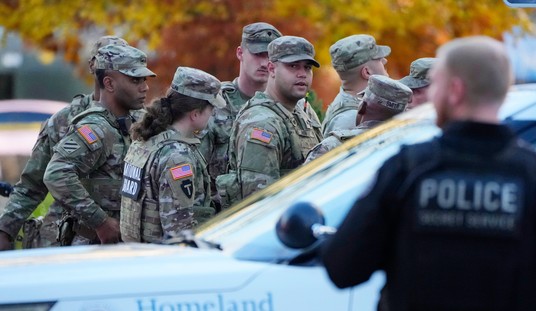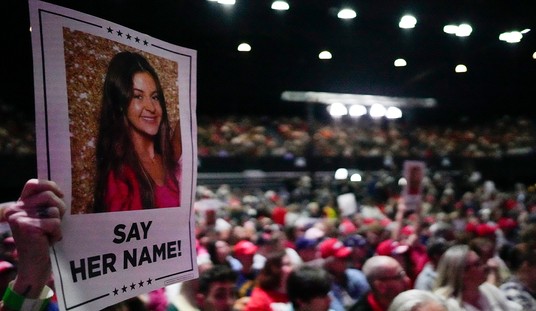Word is coming down that the Trump administration’s decision to strike Iranian terror mastermind Soleimani had been considered for more than 7 months, a fact no doubt distressing to those who would like to believe the administration acts rashly in whatever move they make. While the embassy attack in Baghdad and compelling intelligence surely were the straws across the camel’s back, Team Trump knew they wanted Soleimani gone, and took the opportunity to do just that when he gave them reason enough.
And there may be more than one reason Team Trump had been targeting Soleimani for as long as it did: because in trying to establish new trade and foreign policy relationship with players in the western hemisphere, a stated goal of the administration, eliminating the terrorist’s considerable influence in Latin America was crucial.
In a Wall Street Journal opinion piece, Mary Anastasia O’Grady makes the argument that Soleimani was force in Latin America, and that his demise is surely good for those nations — like Cuba, Venezuela, and Bolivia — whose leadership had embraced his terror tactics. And, by extension, very good for the U.S. as well.
A hero of hemispheric criminality has been lost, and the gangsters are sad. They may also be worried. It has been a mistake to let Iran’s incursions into the region during the last two decades go unanswered. If the end of Soleimani is the beginning of a more muscular U.S. policy toward Tehran, it’s good news for Latin America.
Iran plays the long game in its effort to undermine U.S. leadership and expand its influence around the world. In the Western Hemisphere, the regime’s Ministry of Intelligence has taken the lead by establishing “cultural centers” in many urban areas, from which it can spread propaganda, proselytize, radicalize converts and recruit locals as spies.
But intelligence gathering has a deeper purpose, which is to support operations that follow. This is where Soleimani, the head of Iran’s Quds Force, came in.
The force handles foreign assignments for the Islamic Revolutionary Guard Corps, engaging in asymmetric warfare through weapons trafficking as well as assassinations and attacks on enemy targets. In other words, it exports terrorism.
O’Grady also cites a “reliable source” in saying that Iran had, of late, been making serious inroads into Mexico, which surely must have been seen as both a national security threat as well as a threat to the new USMCA trade agreement the administration has negotiated between its neighbors Canada and Mexico.
The world is simply a better place without Soleimani, and the U.S. certainly helped themselves by eliminating him as a threat to future plans. But the Trump administration may very well have also given the people of Latin America, many yearning and fighting to move toward democracy in their governments, a fresh reason to believe that what they want is actually possible.














Join the conversation as a VIP Member